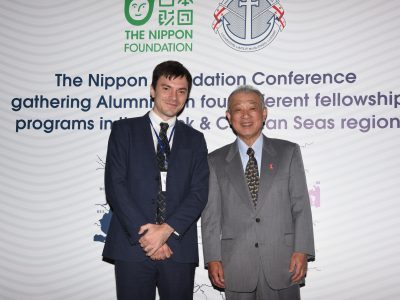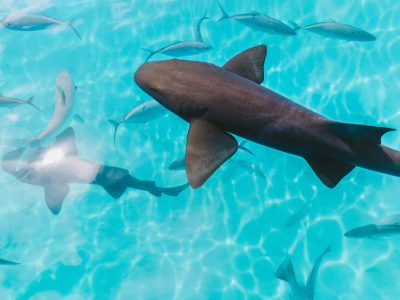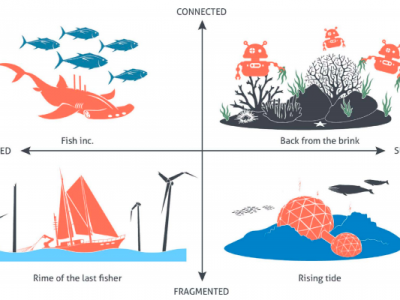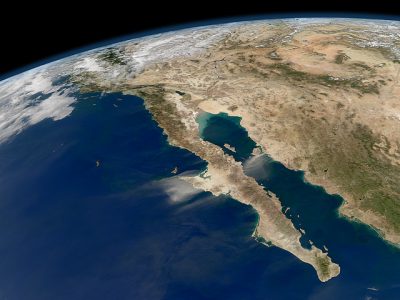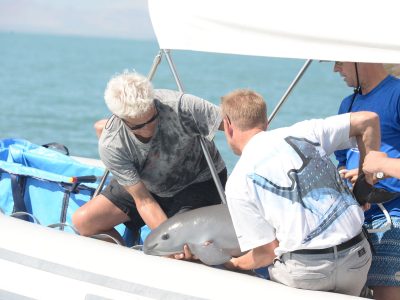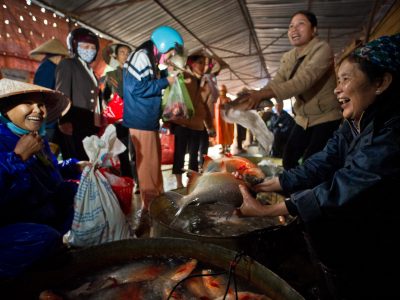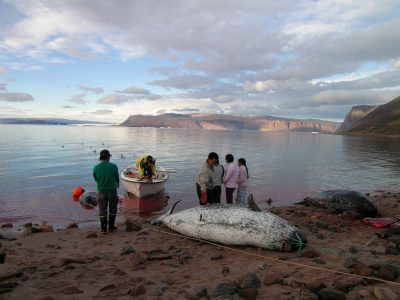Meeting of Nippon Foundation Fellows from the Black and Caspian Seas Region
Fellowships provided by the Nippon Foundation have been a life-changing opportunity for thousands, opening up new frontiers of personal and professional development. Another lasting positive impact of the fellowship programs is the networks that develop among participants.



